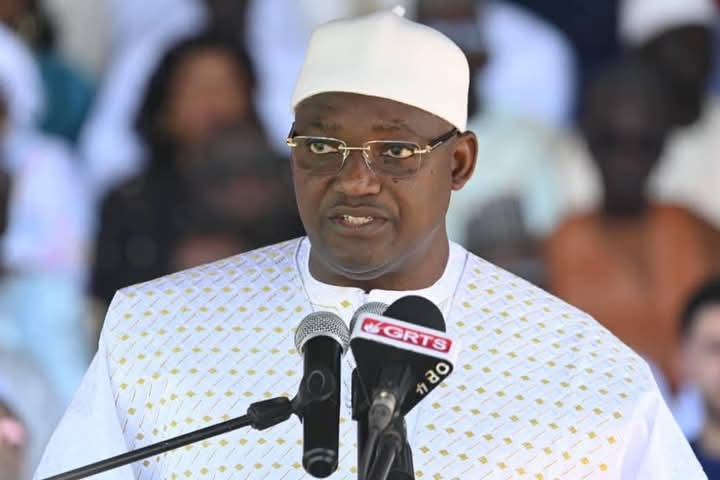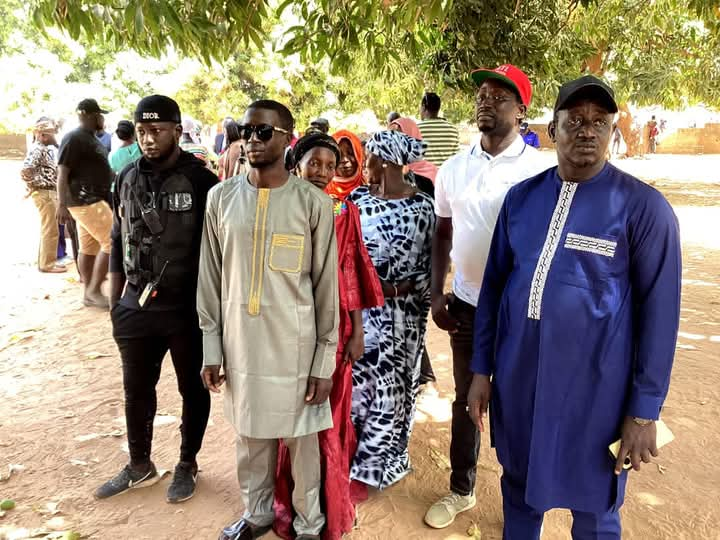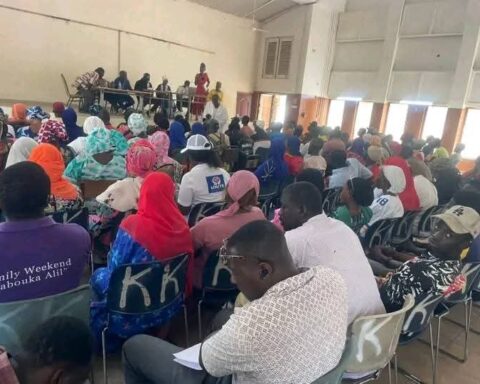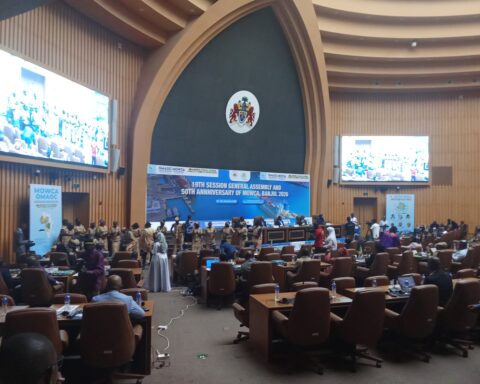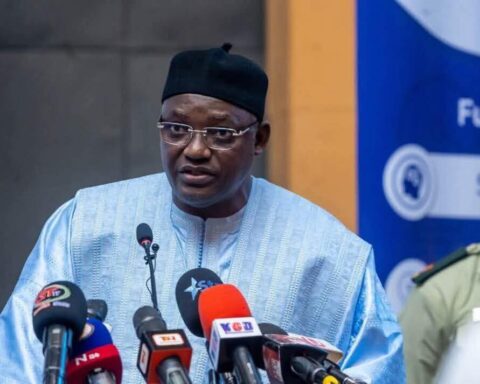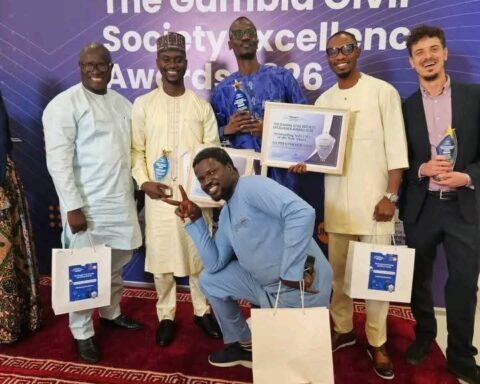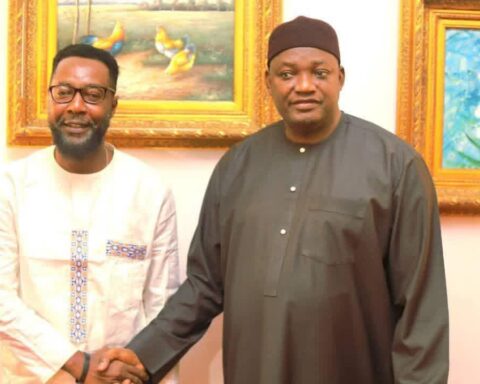by Modou Lamin Age-Almusaf Sowe
In the run-up to the 2026 presidential election, the Gambia needs to promote peaceful co-existence between voters and political parties. The political scene is dominated by a strong rivalry between the UDP and NPP, which has created political cleavages and tribalism among ethnic groups.
Emphasizing unity, peaceful elections and a sense of belonging will contribute to a peaceful process. We should move beyond tribalism and partisan politics to build a stronger country. I call on all Gambians to unite and work together to develop the country.
Those who may lose elections should also learn to accept defeat and avoid riots and violence. Let us also discuss the destructive election disputes in other African countries, and how we can promote peace and stability in The Gambia.
The UDP-NPP competition has widened the political gulf, and supporters tend to fall along ethnic lines. Tribalism undermines national unity and impedes progress. Leaders, elders and citizens must promote tolerance, understanding and respect for diversity.
To foster peaceful co-existence, several steps can be taken:
1. Promote Dialogue and Reconciliation: Promote open and honest dialogue among political parties and ethnic groups. Facilitate platforms for dialogue where people share concerns, address grievances, and identify common ground.
2. Civic education: Develop broad-based programs to teach citizens about their rights and responsibilities, the importance of peaceful democratic participation, and the dangers of tribalism and political violence.
3. Engage Youth: Youth are the future of The Gambia. Engage youth in peace-building and empower them as agents of change. Train them in conflict resolution, mediation and leadership.
4. Strengthen institutions: Ensure independence and impartiality of institutions including the Independent Electoral Commission (IEC), the judiciary, and law enforcement, which are critical to free, fair and credible elections.
5. Media Responsibility: The media have a powerful effect on public opinion. Reporters should report responsibly, without spreading misinformation or hate speech, and give balanced political coverage.
6. Community-based initiatives: Support peace-building initiatives that bring together people of different backgrounds to work toward common goals, thus increasing trust, understanding, and social cohesion.
7. Role of leaders: Political and community leaders must set an example, refrain from provocative language, and actively seek ways to bridge divides.
The Gambia can be a model of peace and stability in the region. Gambians must embrace unity and dialogue, and reject tribalism and violence to ensure a peaceful and prosperous future. The 2026 elections are an opportunity to demonstrate commitment to democracy and peaceful co-existence. All Gambians must seize this opportunity to build a stronger and more united Gambia.

